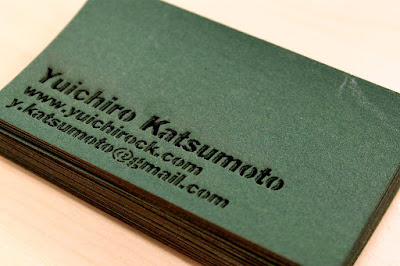The Group Dynamic
One of the key components of working successfully in Japan is belonging to the team and working well with others on the team. Most projects are worked on as a group with lots of meetings to discuss the project and make decisions via group consensus. Group harmony (wa) is key. A team-based attitude is important rather than standing out as an individual. Your co-workers are your teammates rather than your rivals.
 |
| "Team work" by kevin dooley |
Nomunication
Nomunication takes the Japanese word for drink “nomu” and combines it with the English word “communication”. Drinking after work is an important part of the work culture here in Japan and is done to further strengthen relationships and the teamwork mentioned above. Drinking with your co-workers after work to relax and strengthen your bond is an essential part of Japanese work etiquette.
 |
| "Early One Morning" by amirjina |
The Senpai & Kohai System
Japanese society places strong importance on the hierarchical relationship between a senior and a junior. The Senpai (senior) and Kohai (junior) system has its roots in Confucian teaching but has developed its very own Japanese style and is deeply embedded into Japanese culture. It can be found everywhere in society from businesses and schools to clubs, organizations, and associations. Understanding how it works and where you fit into this hierarchy is essential in the workplace.
Overtime and more Overtime
The Japanese are known for being some of the hardest working people on the planet with long working hours and loads of overtime. It is not uncommon for people to stay at work until 9 or 10 at night. Companies have traditionally looked favourably upon employees who work overtime as they are seen as being more diligent and hardworking. Very often, employees will work overtime because they are mindful of their co-workers and feel nervous about leaving work if everyone else is still working.
Treat Business Cards with Respect
One of the key components of working in Japan is exchanging business cards in a formal situation. Like anything in Japanese society, it comes with its own list of rules and procedures which must be strictly adhered to. Some important things to learn include how to accept the business card with both hands, having the right angle in your bow and what to do with the card once you have received it, Common faux pas include stuffing it into your pocket and leaving it behind on the table. Make sure you get yourself a nice business card holder to treat the cards with respect.
 |
| "Business Card 2012" by katsumotoy |
Working in Japan can be an interesting and rewarding experience as long as you keep a positive attitude, understand the work system, and adapt to the new lifestyle.
 |
| "Shibuya Crossing" by Luke Zeme Photography |







